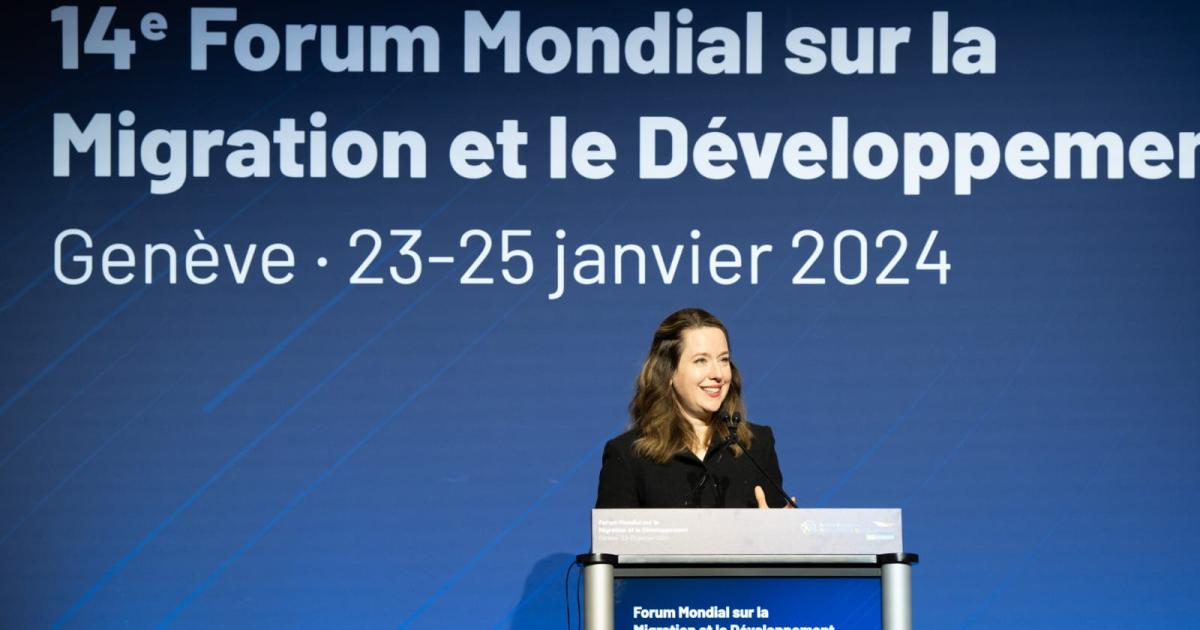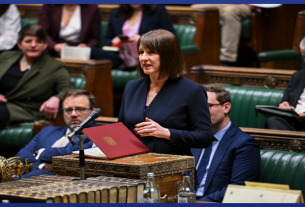Geneva – This week’s Summit of the Global Forum on Migration and Development (GFMD) places a special focus on the impact of climate change on human mobility, mirroring a key priority of the International Organization for Migration (IOM).
Clear evidence shows that climate change is fuelling disasters, and is the leading cause of new displacements globally. Latest data from the Internal Displacement Monitoring Centre show disasters triggered an unprecedented 32.6 million new internal displacements in 2022.
“While conflict has long been the biggest driver of protracted internal displacement, disasters have caused more new displacements in recent years. We must act now to prevent them becoming protracted,” said IOM Director General Amy Pope at the GFMD.
“It is encouraging to see how the GFMD recognizes and emphasizes the pivotal role played by migrants, their communities, diasporas, and youth in designing and implementing lasting solutions for global challenges.”
Chaired by the Government of France, the GFMD summit, which runs until 25 January, is being attended by over 1,200 delegates, including civil society, the private sector, local and regional governments, youth, diaspora, and representatives from the UN system.
Pope noted that the six themes of the Summit mirror IOM’s Strategic Plan, launched earlier this month: the impact of climate change on human mobility; rights and migration; diaspora; labour migration; improving public perception of migration, and governance for migration management.
For example, in the East and Horn of Africa, Somalia is experiencing one of the most severe droughts in decades. Millions of people have already been displaced. In response to this urgent humanitarian situation accelerated by climate change, IOM is providing essential aid to affected communities such as shelters, access to clean and safe water or hygiene kits.
In the Pacific Islands, IOM works with local governments and communities on disaster preparedness. Together, they assess risk, implement early warning systems, and provide training on evacuation procedures. But IOM is looking further and investing in preparing to deal with sea level rise and its impacts on mobility.
“We will make migration work for everyone. It is truly part of the solution to many of the challenges we face today,” Pope said.
IOM and GFMD have collaborated closely since 2007. At the 14th Summit, IOM will participate in roundtables, lead or co-lead four side events, and showcase its engagement with communities and migrants around the world in the exhibition area. The full agenda is here.
***
For more information, please contact:
Chloé Lavau, Communications Officer on Climate Change and Migration, [email protected]



